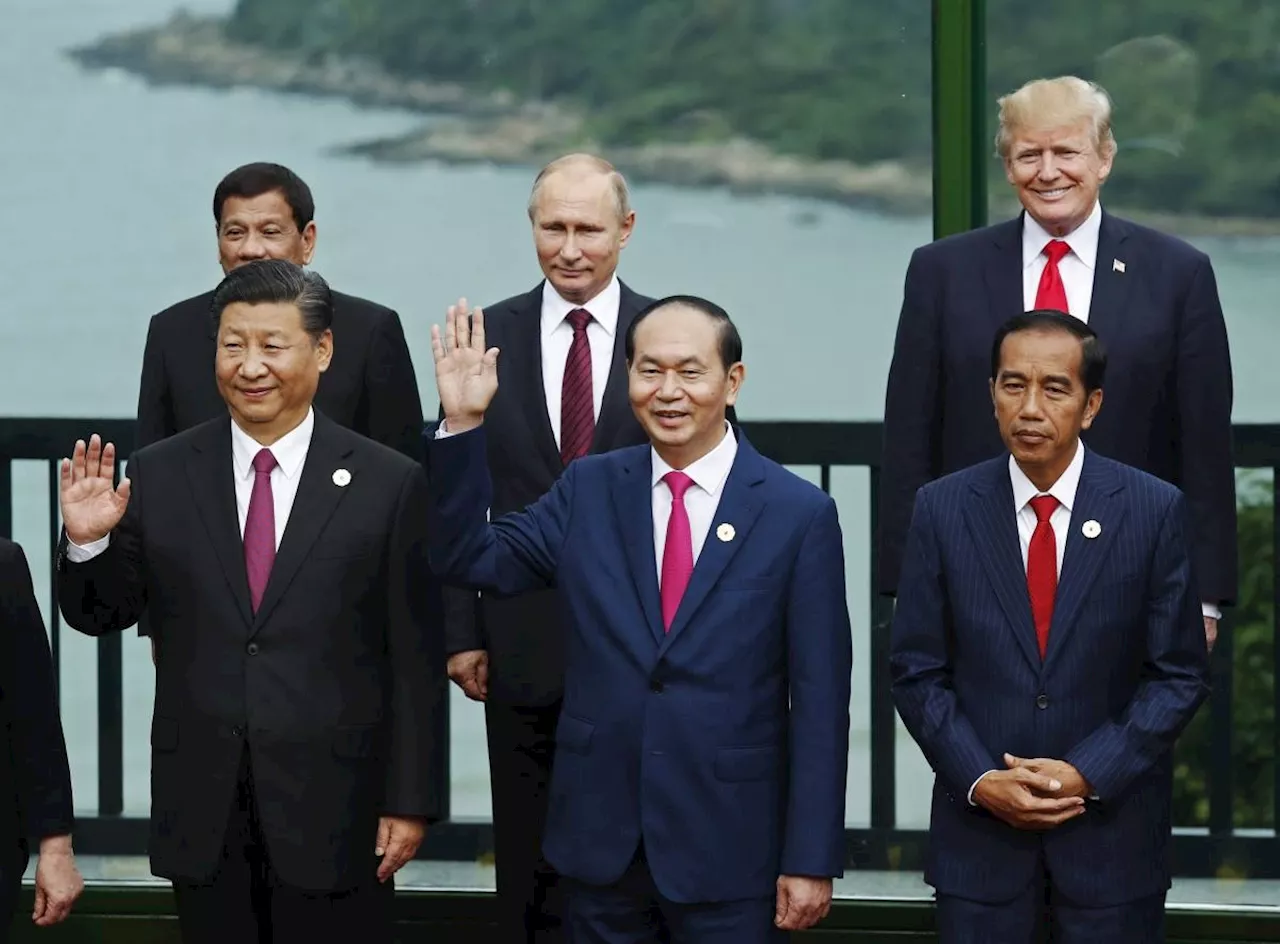In a dramatic shift in US foreign policy, President Trump proposes a summit with Putin and Xi Jinping, advocating for a cut in military budgets and nuclear arsenals. He also expresses his desire to reinstate Russia into the G7.
Donald Trump outlined a radical vision for reshaping the global order on Thursday, proposing a three-way summit with Russia n and Chinese leaders just a day after announcing an agreement with Vladimir Putin to initiate peace talks in Ukraine . This announcement, coming on the heels of Trump's surprise call with Putin, left Kyiv and European capitals reeling.
Trump also expressed his willingness to have Russia reinstated into the G7, from which it was expelled in 2014 following the annexation of Crimea. 'I think it was a mistake to throw him out,' Trump stated about Putin during a press conference in the Oval Office. Trump, who has positioned himself as a global peacemaker in his second term, indicated he would consider a summit with Putin and China's Xi Jinping 'when things calm down.' 'When we straighten it all out, then I want one of the first meetings I have is with President Xi of China, President Putin of Russia. And I want to say, let's cut our military budget in half,' he declared. The US president, who was hosting India's Prime Minister Narenda Modi at the White House later that day, also called for the three powers to begin reducing their nuclear arsenals. 'There's no reason for us to be building brand-new nuclear weapons,' he added. Trump maintained that the Russian leader desired a ceasefire with Kyiv, despite President Volodymyr Zelensky's warning on Thursday against trusting the Kremlin leader. 'I think he wants peace. I think he would tell me if he didn't,' Trump asserted. Trump's comments followed his signing of plans for sweeping 'reciprocal tariffs' that could impact both allies and competitors. His remarks on Russia and China represent a significant shift from over a decade of US policy that had increasingly isolated Moscow and largely viewed both Russia and China as adversaries. They are also likely to be met with concern by Ukraine and European allies, who fear that if they are not included in international diplomacy, they could be left vulnerable. Trump's overtures to Putin, in particular, have caused alarm in Europe, which has viewed its large neighbor Russia as a major threat since the invasion of Ukraine.Trump revealed on Wednesday that he expected to meet Putin separately in Saudi Arabia for Ukraine peace talks, marking a sudden thawing in relations. In their first confirmed contact since Trump's return to the White House, the US president said he had engaged in a 'highly productive' conversation with his Russian counterpart who ordered the bloody 2022 invasion of Ukraine. Several European nations have questioned Trump's strategy and warned Washington against negotiating a deal without their involvement. The Trump administration's talking points on Ukraine have also at times echoed Moscow's, particularly regarding Kyiv's aspiration for NATO membership as a deterrent against Russia. 'I believe that's the reason the war started, because (predecessor president Joe) Biden went out and said that they could join NATO,' Trump stated about Russia's February 2022 invasion.In 2014, Russia was suspended from what was then the G8 following its annexation of Crimea, leading to sanctions imposed on Moscow. During his first term, Trump also advocated for Russia's readmission but encountered limited support from other Western countries
Donald Trump Vladimir Putin Xi Jinping G7 Russia China Ukraine Peace Talks Nuclear Weapons
Philippines Latest News, Philippines Headlines
Similar News:You can also read news stories similar to this one that we have collected from other news sources.
Trump proposes ‘getting rid of Fema’SunStar Publishing Inc.
Read more »
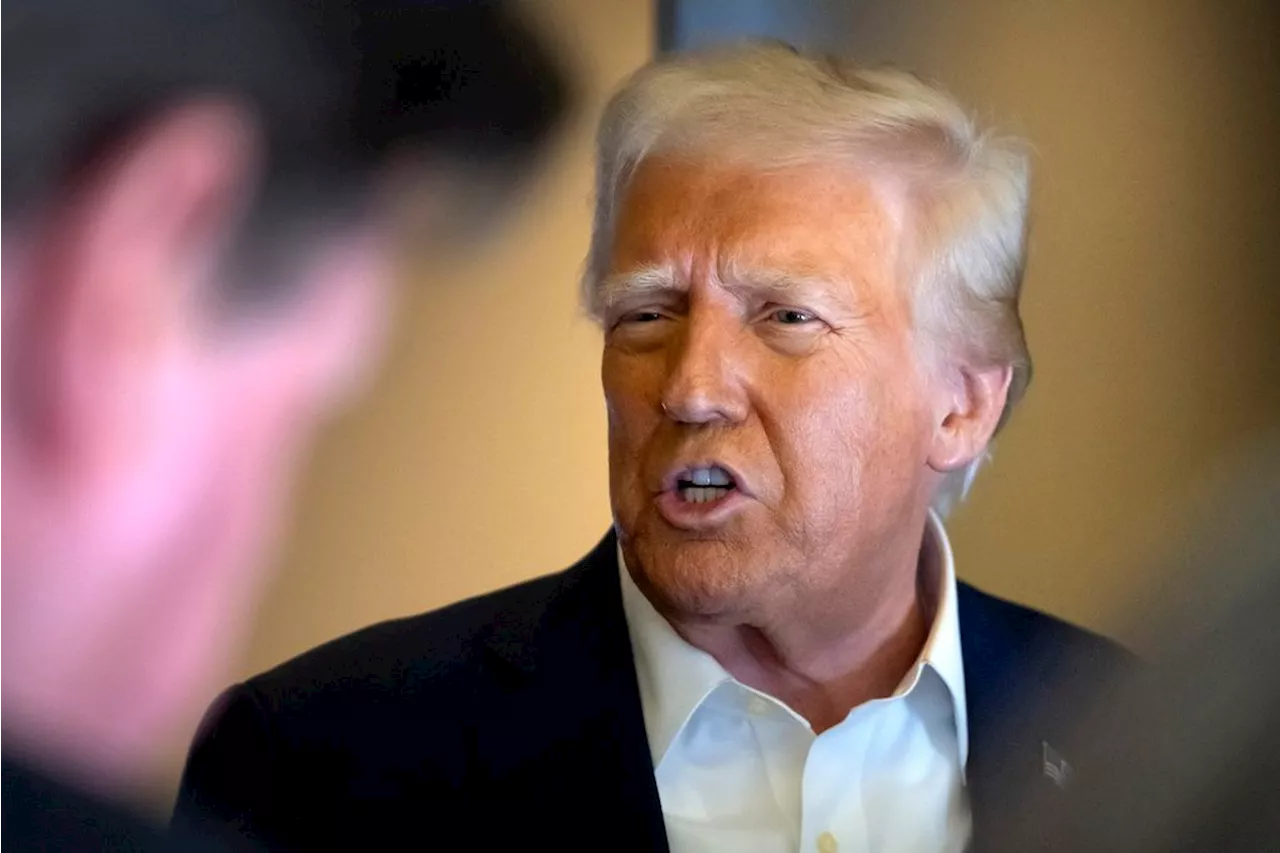 Trump Proposes Gaza 'Clean Out,' Lifts Bomb Restrictions for IsraelPresident Trump expressed his desire to see a significant relocation of Palestinian refugees from Gaza, calling for Arab nations to take them in and effectively 'clean out' the war-torn territory. He also lifted a previous administration's ban on sending 2,000-pound bombs to Israel, a move that could escalate the conflict with Hamas.
Trump Proposes Gaza 'Clean Out,' Lifts Bomb Restrictions for IsraelPresident Trump expressed his desire to see a significant relocation of Palestinian refugees from Gaza, calling for Arab nations to take them in and effectively 'clean out' the war-torn territory. He also lifted a previous administration's ban on sending 2,000-pound bombs to Israel, a move that could escalate the conflict with Hamas.
Read more »
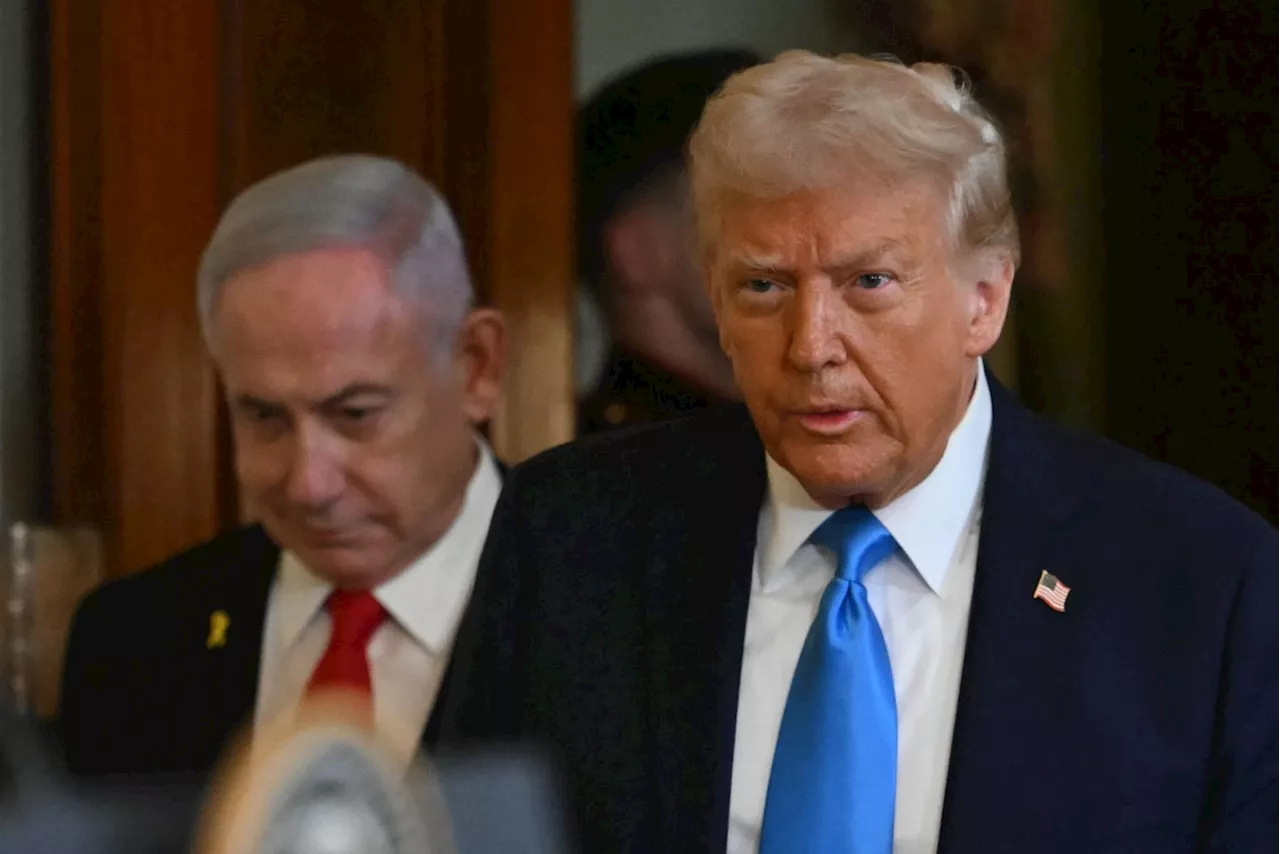 Trump Proposes US 'Takeover' of Gaza, Calls for Palestinian RelocationUS President Donald Trump made a controversial proposal for the US to 'take over' the Gaza Strip, suggesting the relocation of Palestinians to countries like Egypt and Jordan. Trump, hosting Israeli Prime Minister Benjamin Netanyahu for talks on the truce with Hamas, outlined a plan to clear unexploded bombs, rebuild infrastructure, and create economic opportunities in Gaza. However, his proposal has been met with widespread rejection from Palestinians, Egypt, Jordan, and Gazans themselves, who denounce it as disrespectful and impractical. The talks follow a six-week ceasefire agreement secured by Trump, with both sides aiming to move towards a more lasting peace.
Trump Proposes US 'Takeover' of Gaza, Calls for Palestinian RelocationUS President Donald Trump made a controversial proposal for the US to 'take over' the Gaza Strip, suggesting the relocation of Palestinians to countries like Egypt and Jordan. Trump, hosting Israeli Prime Minister Benjamin Netanyahu for talks on the truce with Hamas, outlined a plan to clear unexploded bombs, rebuild infrastructure, and create economic opportunities in Gaza. However, his proposal has been met with widespread rejection from Palestinians, Egypt, Jordan, and Gazans themselves, who denounce it as disrespectful and impractical. The talks follow a six-week ceasefire agreement secured by Trump, with both sides aiming to move towards a more lasting peace.
Read more »
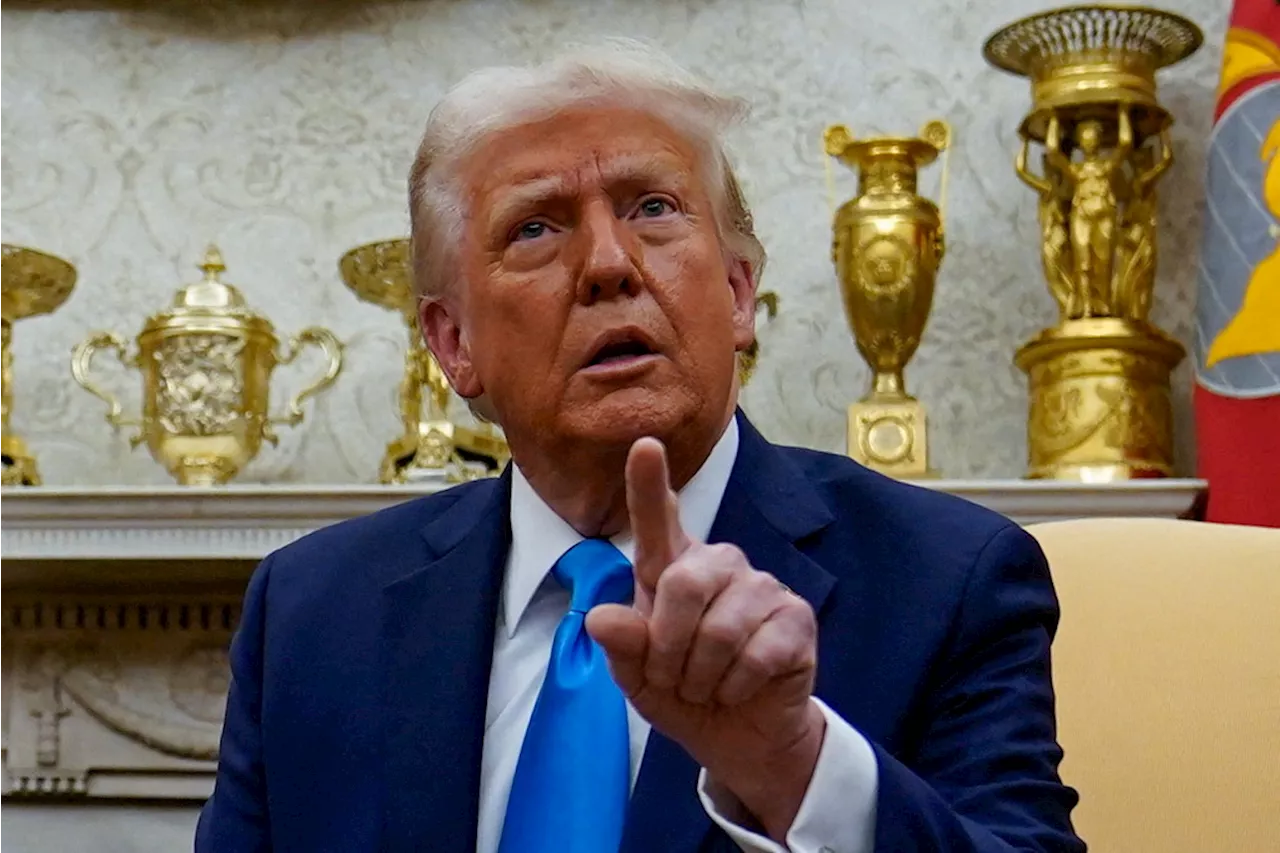 Trump Proposes US Takeover of Gaza, Calls for Palestinian ResettlementUS President Donald Trump announced a surprise plan to have the US take over the Gaza Strip, promising to clear it of unexploded ordnance and develop it into a prosperous region. He also called for the permanent resettlement of Palestinians from Gaza to neighboring countries, a proposal that sparked international condemnation.
Trump Proposes US Takeover of Gaza, Calls for Palestinian ResettlementUS President Donald Trump announced a surprise plan to have the US take over the Gaza Strip, promising to clear it of unexploded ordnance and develop it into a prosperous region. He also called for the permanent resettlement of Palestinians from Gaza to neighboring countries, a proposal that sparked international condemnation.
Read more »
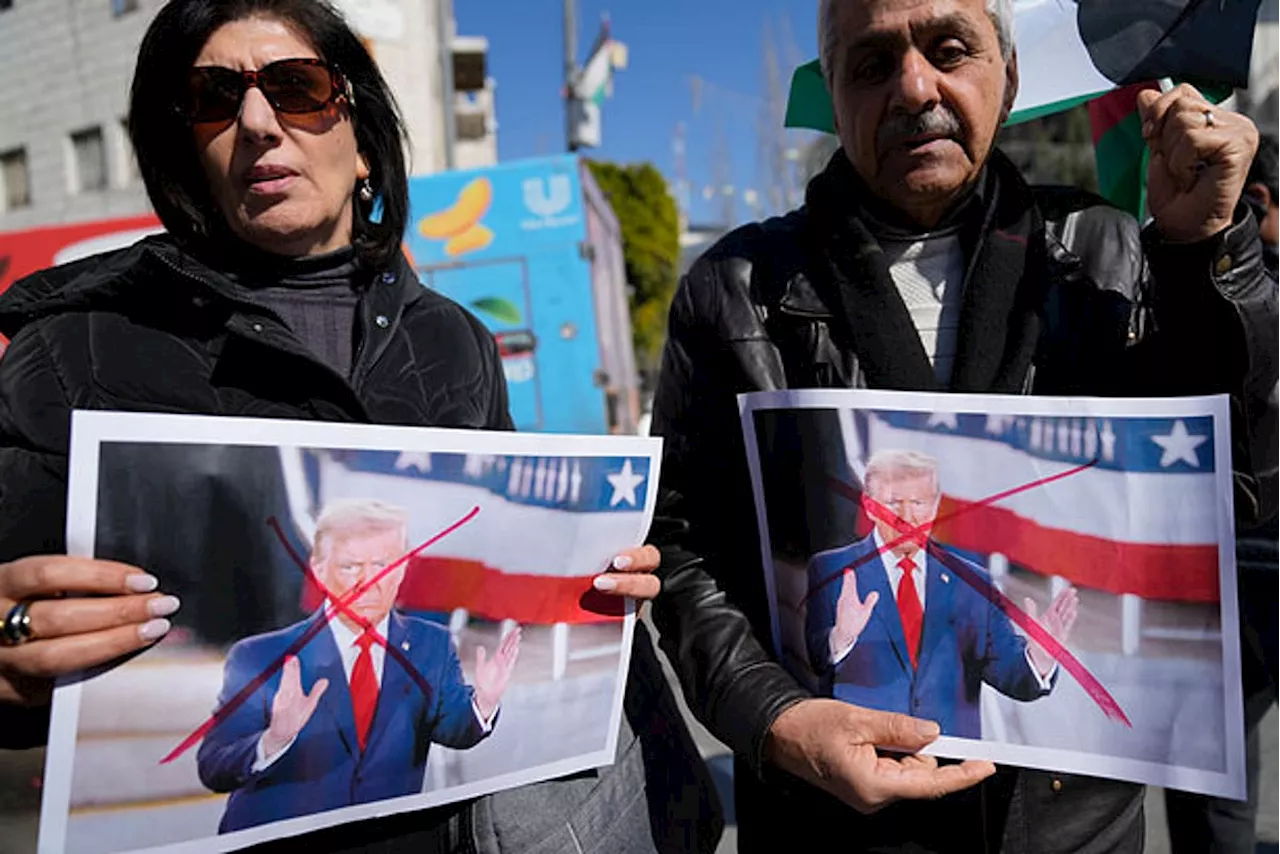 Trump Proposes US Takeover of Gaza Strip, Faces International BacklashPresident Donald Trump's suggestion that the United States take ownership and redevelop the Gaza Strip sparked immediate condemnation from American allies and adversaries. Trump outlined a plan for permanent relocation of Palestinians and the US taking charge of dismantling weapons and rebuilding the war-torn territory. This proposal has drawn sharp criticism for its implications on Palestinian rights and regional stability.
Trump Proposes US Takeover of Gaza Strip, Faces International BacklashPresident Donald Trump's suggestion that the United States take ownership and redevelop the Gaza Strip sparked immediate condemnation from American allies and adversaries. Trump outlined a plan for permanent relocation of Palestinians and the US taking charge of dismantling weapons and rebuilding the war-torn territory. This proposal has drawn sharp criticism for its implications on Palestinian rights and regional stability.
Read more »
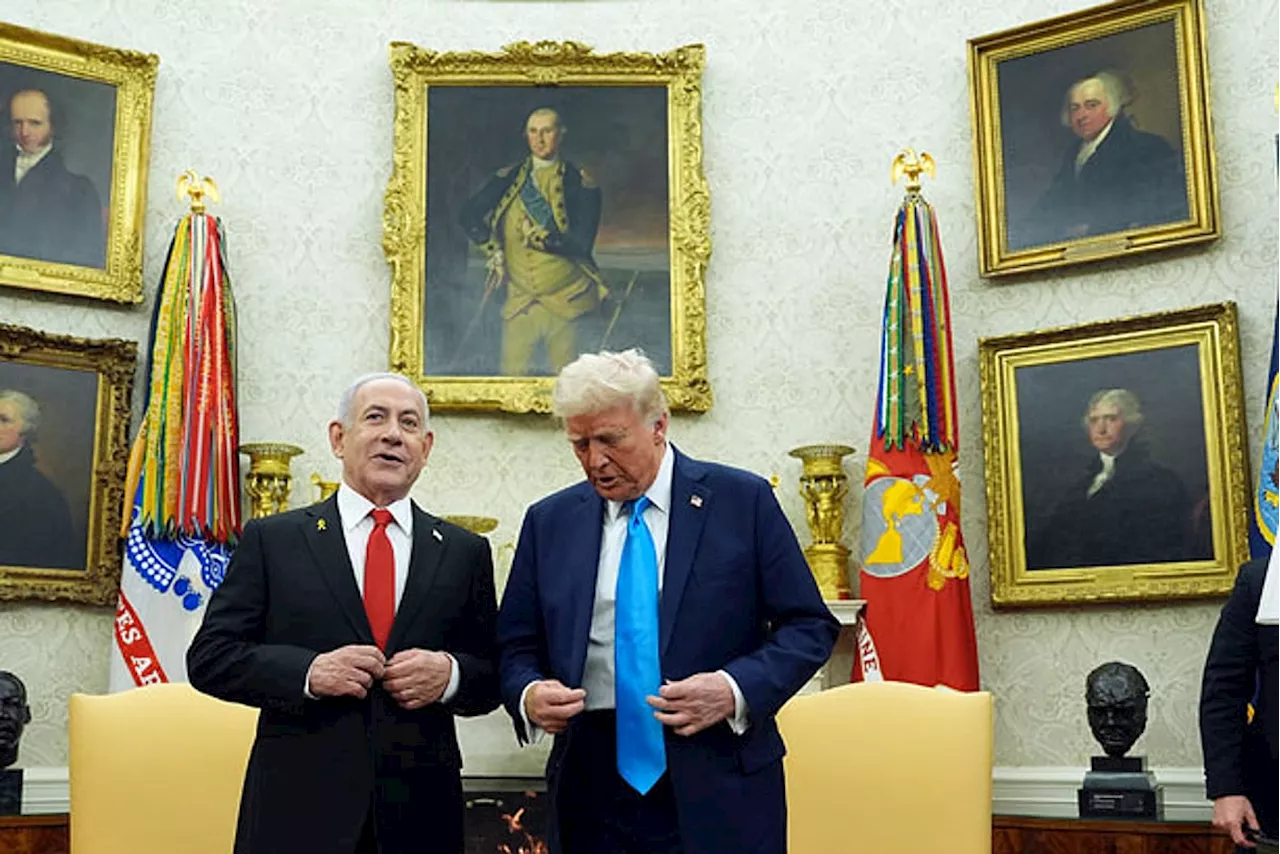 Trump Proposes Permanent Resettlement of Palestinians from Gaza, US Ownership of TerritoryPresident Trump suggests relocating Palestinians from Gaza to other countries and proposes US 'ownership' of the territory, envisioning it as 'the Riviera of the Middle East.' The proposal faces strong opposition from US allies and critics who warn of regional instability and undermine efforts for a two-state solution.
Trump Proposes Permanent Resettlement of Palestinians from Gaza, US Ownership of TerritoryPresident Trump suggests relocating Palestinians from Gaza to other countries and proposes US 'ownership' of the territory, envisioning it as 'the Riviera of the Middle East.' The proposal faces strong opposition from US allies and critics who warn of regional instability and undermine efforts for a two-state solution.
Read more »
